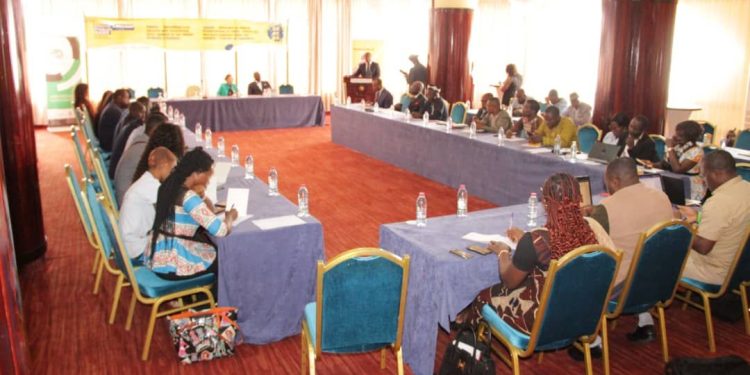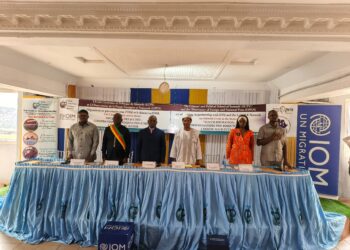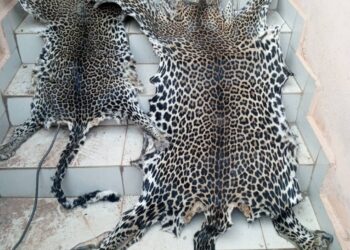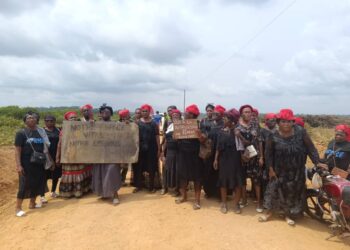Story, Louvier Kindo Tombe
In the past years, there has been an increase in the number of hate speech in Cameroon driven by a number of factors resolving around political, cultural and social crisis in the country.
Besides a resurgence of the use of hate speech, there is also the introduction of new forms of hate speech, and media experts are worried about the risk these pose to social cohesion, national unity and democracy in the country.
“Some of the impacts we are already seeing is a strong sense of mistrust between the different segments of our society,” Eugene Nforngwa, Executive Director of the Rainforest Center for Policy Research (RCPR) said at the opening of the media leaders forum.
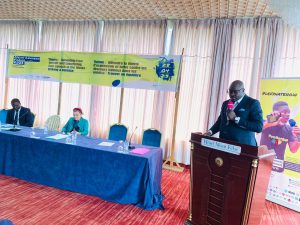
The media leaders forum was a valuable opportunity to exchange views and experiences on how to better promote free speech and counter hate speech and misinformation within the media in Cameroon.
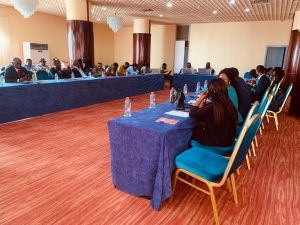
More than 60 media leaders and stakeholders from different sectors attended the forum.

“Combating hate speech in the media cannot be done with the media alone,” Thiery Ndong, publisher of Integration news paper said.
The leaders from print, audiovisual and online media organs for close to 6 hours, discussed the challenges and opportunities facing the media in Cameroon especially in the context of ongoing crisis and tensions.
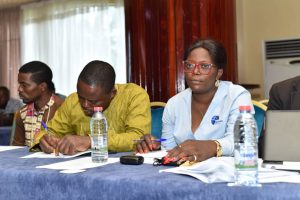
Focus on one hand was on the conceptual, legal and ethical foundations of hate speech and free speech, and on the other hand, challenges and best practices for media, civil society and policy makers
During the panel discussions, one of the challenges identified in promoting free speech and fighting hate language was the existence of numerous media associations and unions in the country.
“We need to operate from a united front,” Jude Viban, National President of CAMASEJ said.
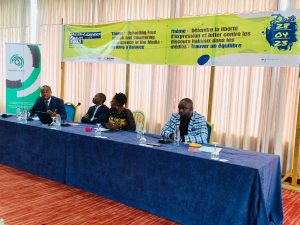
CAMASEJ is the Cameroon association of english speaking journalists.
According to the German ambassador to Cameroon, H. E. Corinna FRICKE, who attended the opening ceremony of the forum, “hate in the internet or press cannot only destroy people or groups but it can split a society by extremism or idealogy”.
The importance of defying hate now can not be over emphasized given the rapid growth of the social media.
“Our resistance to hate speech is essential if we are to protect our free speech,” Corinna FRICKE said.
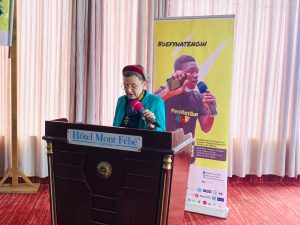
“It’s important to have the right balance between freedom of press and defy hate.”
Speaking at the forum, the hate speech focal point at the ministry of communication in Cameroon, Mr Ayina Nyassa Ghislain said “when different media leaders come together with partners and the government, the message will definitely go across”.
“We need to multiply such initiatives,” he added.
The organisation of the forum was also to contribute to peace building and development in the country.
“It is in the brains and the minds that we have to sow the seed of peace,” Huge Ndi, scribe at UNESCO Cameroon said.
“We have seen international partners and the state of Cameroon here, we are hoping that the synergy goes beyond media leaders to actually support this action,” Ngala Desmond Ngala, country representative of Defyhatenow said.
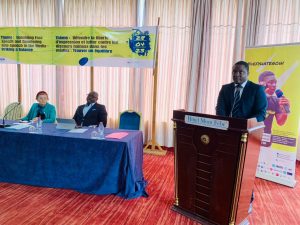
The commitment
At the end of the Yaounde forum, the different media leaders unanimously declare to strike a balance in upholding free speech and countering hate speech in the media.
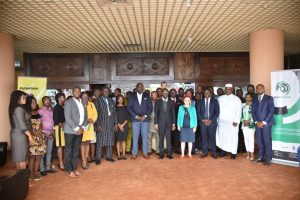
Their position is contained in a signed declaration of 11 points.
In the declaration, the media leaders condemn hate speech as a violation of human rights, comit to respect principles of democracy and freedom of expression, vow to refrain from spreading misinformation and propaganda, calls on different stakeholders to unite forces in the fight among others.
The media leaders forum was organised by the Rainforest Center for Policy Research (RCPR) in partnership with Association Civic Watch and rOg agency for open culture and critical transformation with the support of other partners.
It was part of activities to mark World Press Freedom Day 2023.
